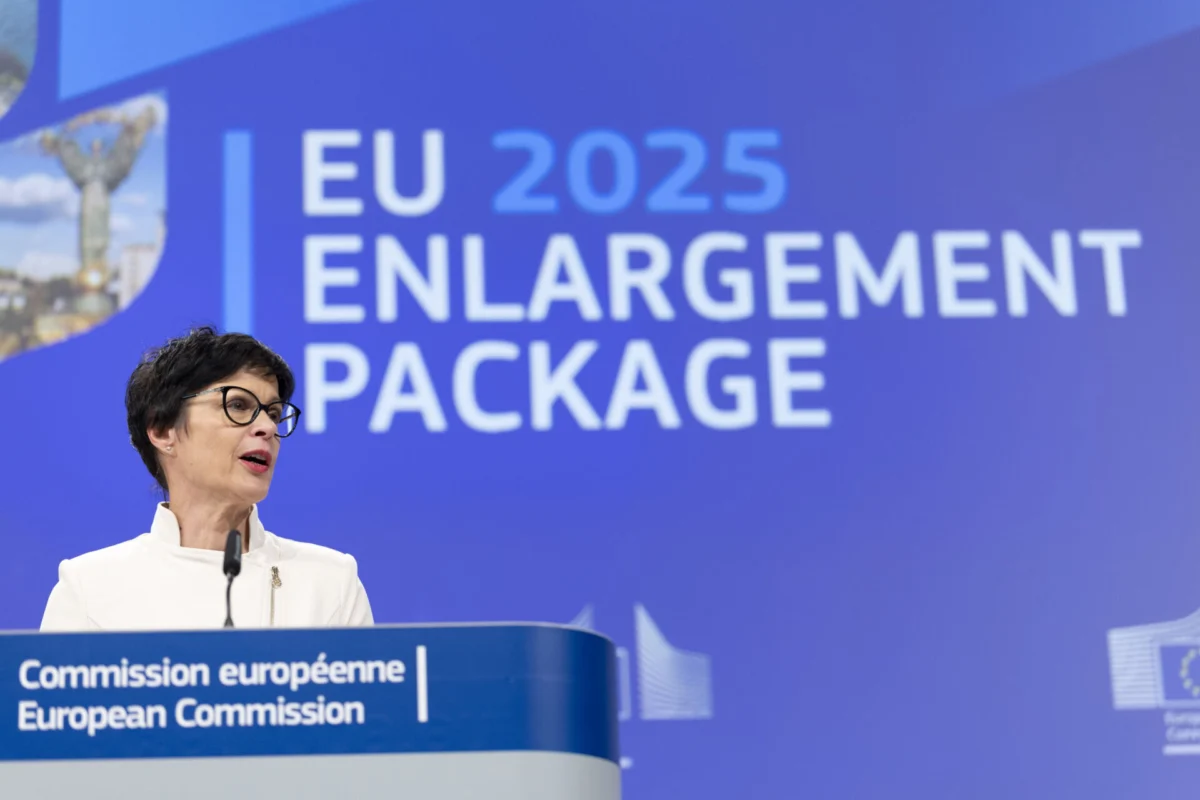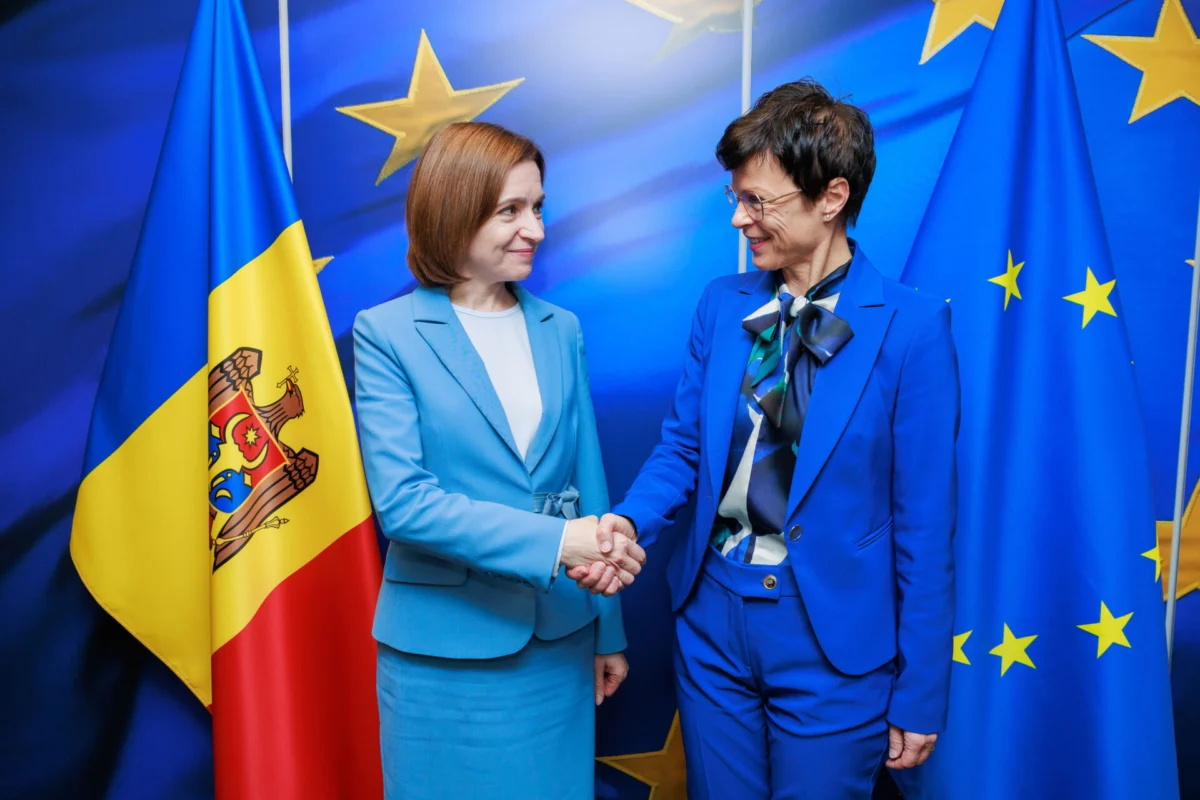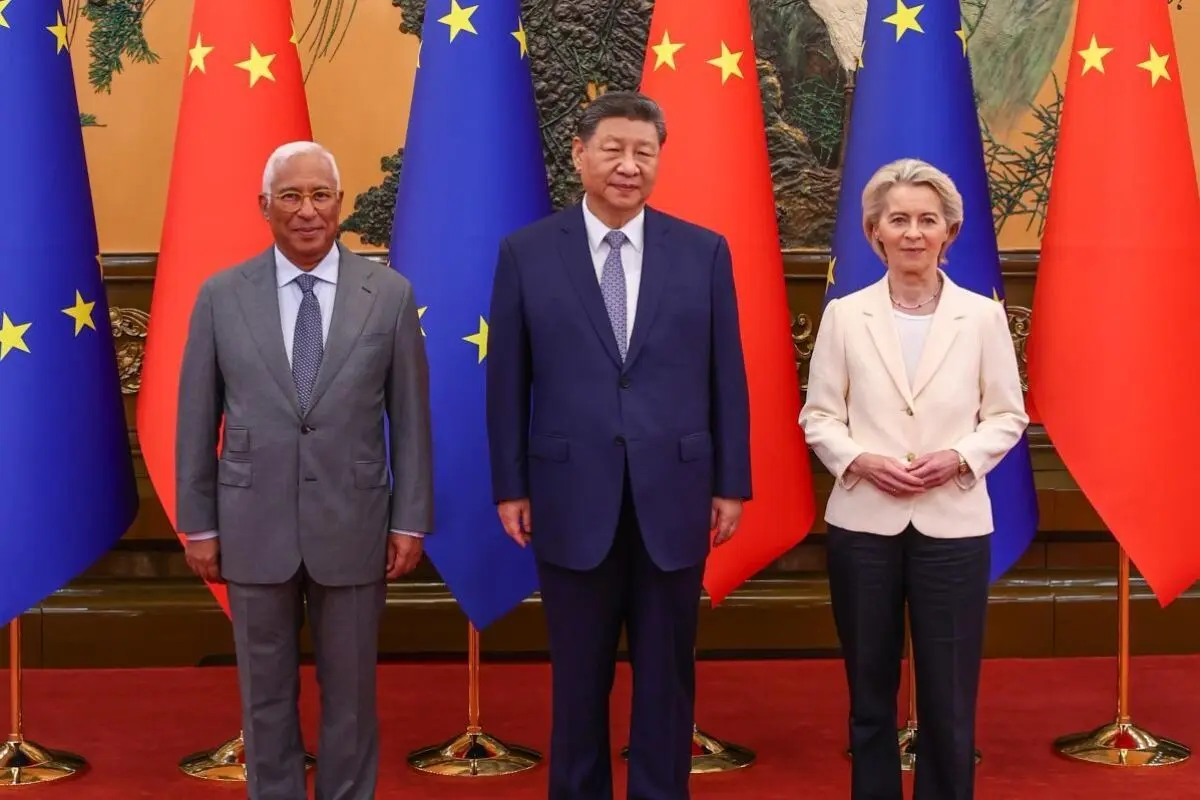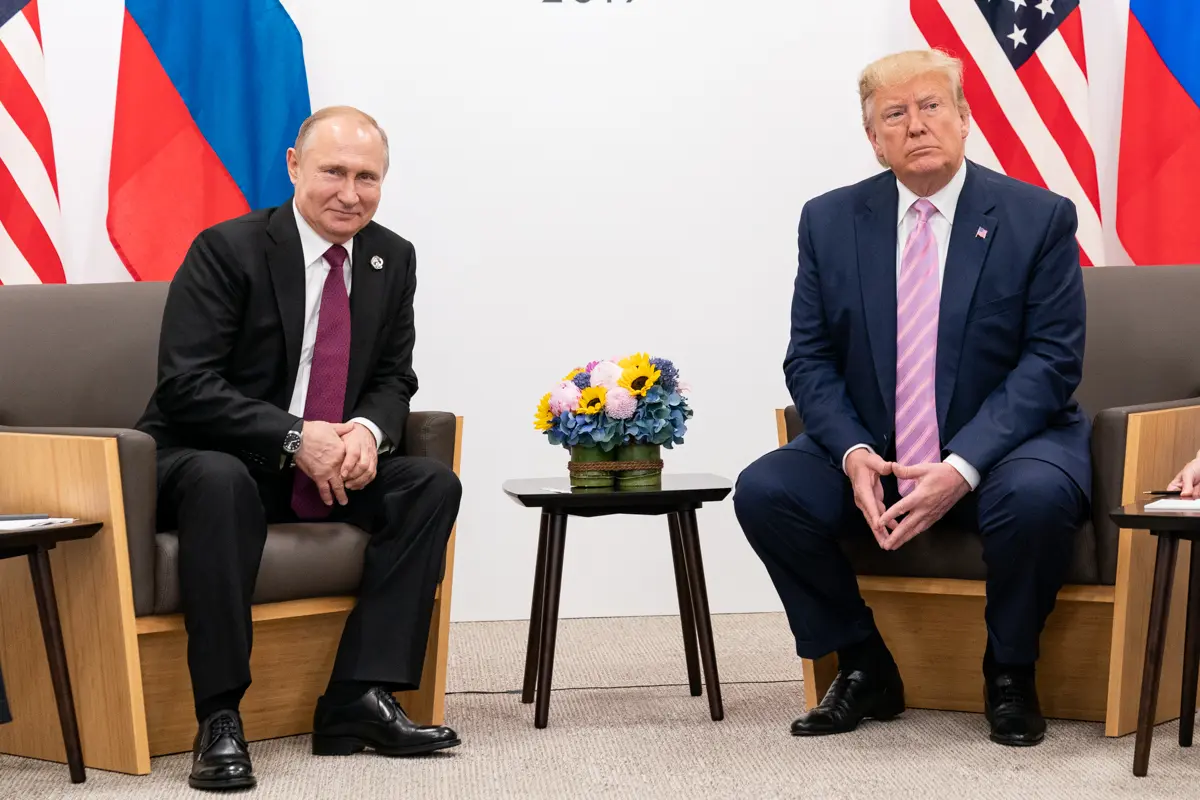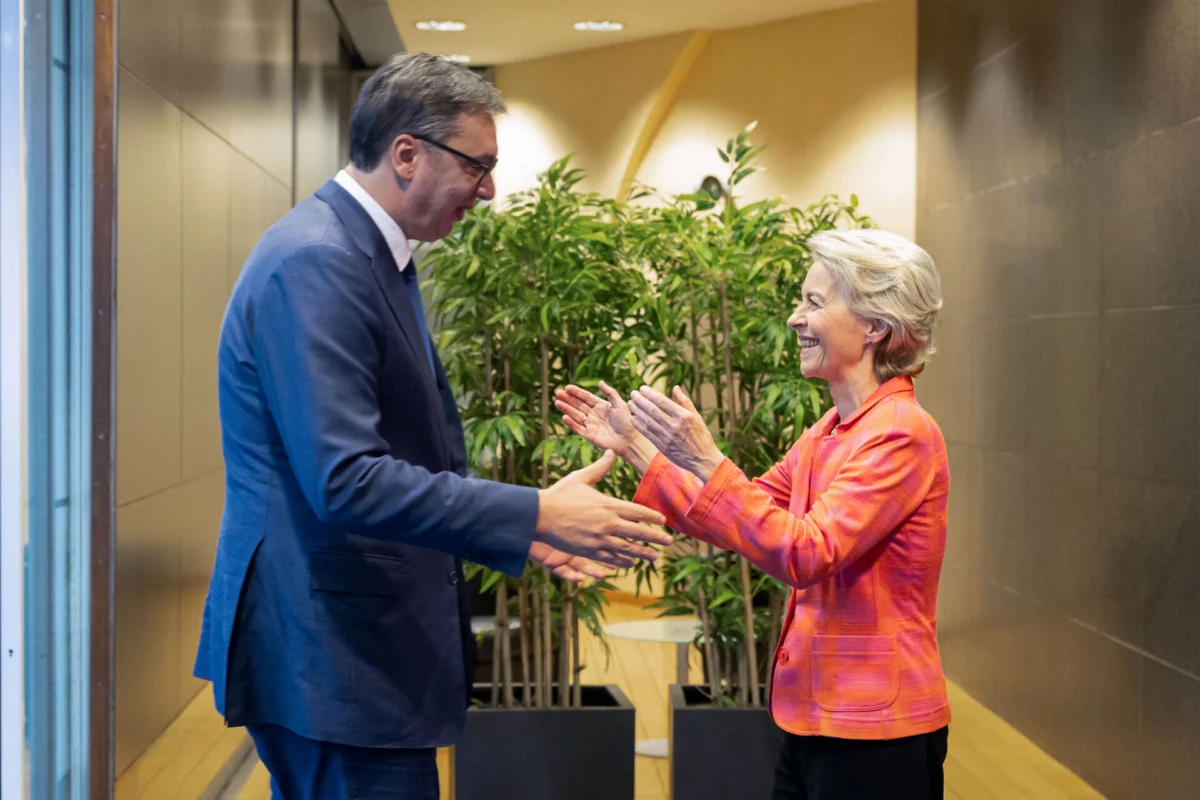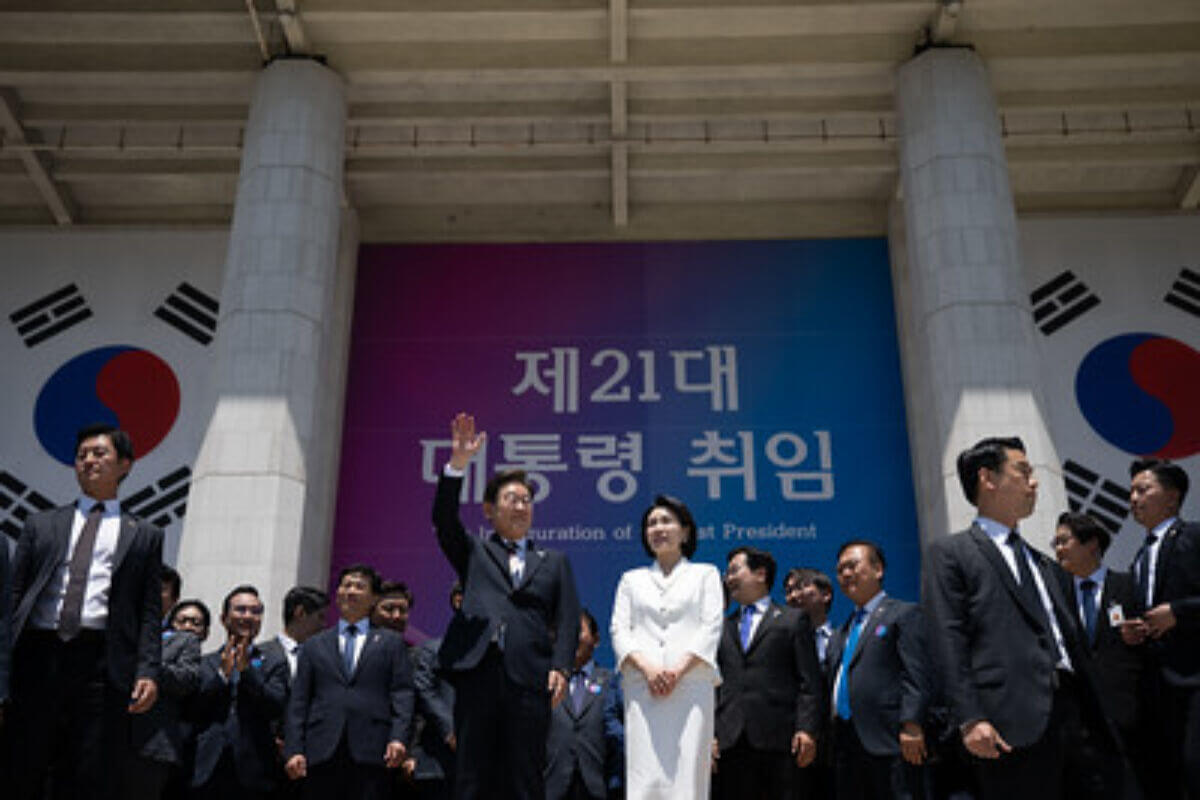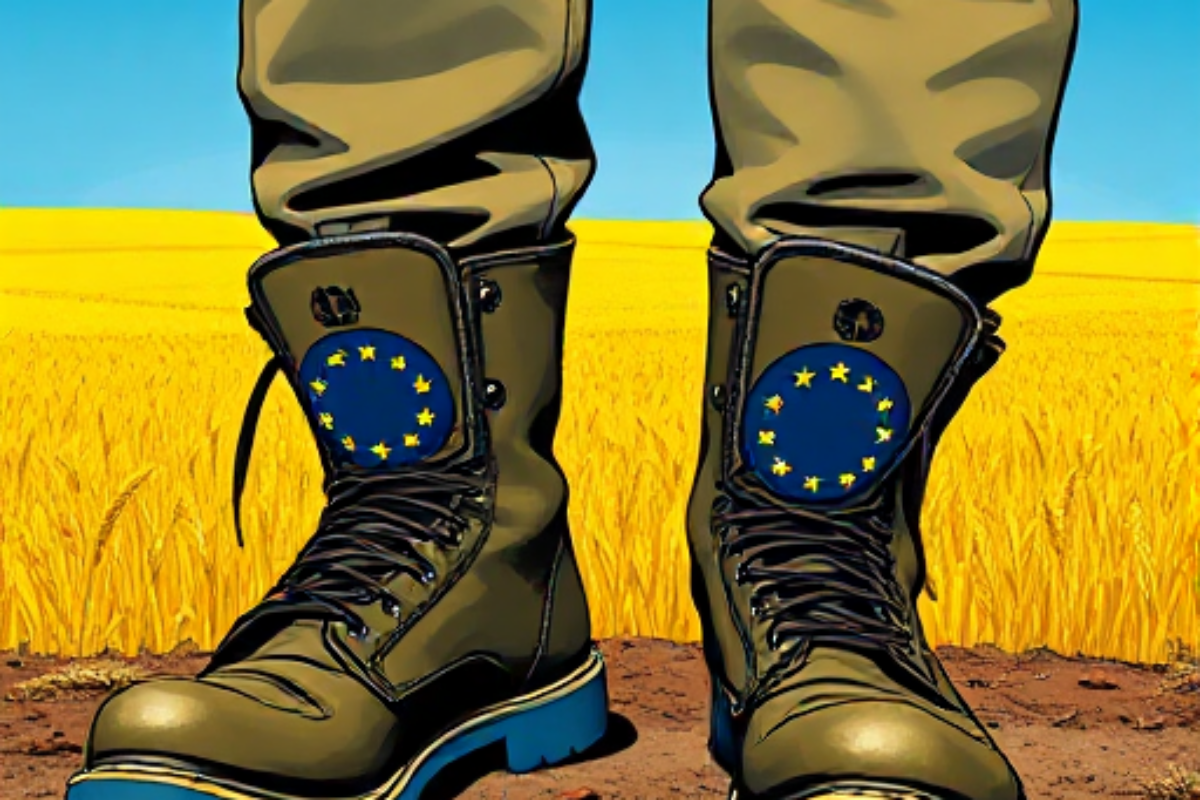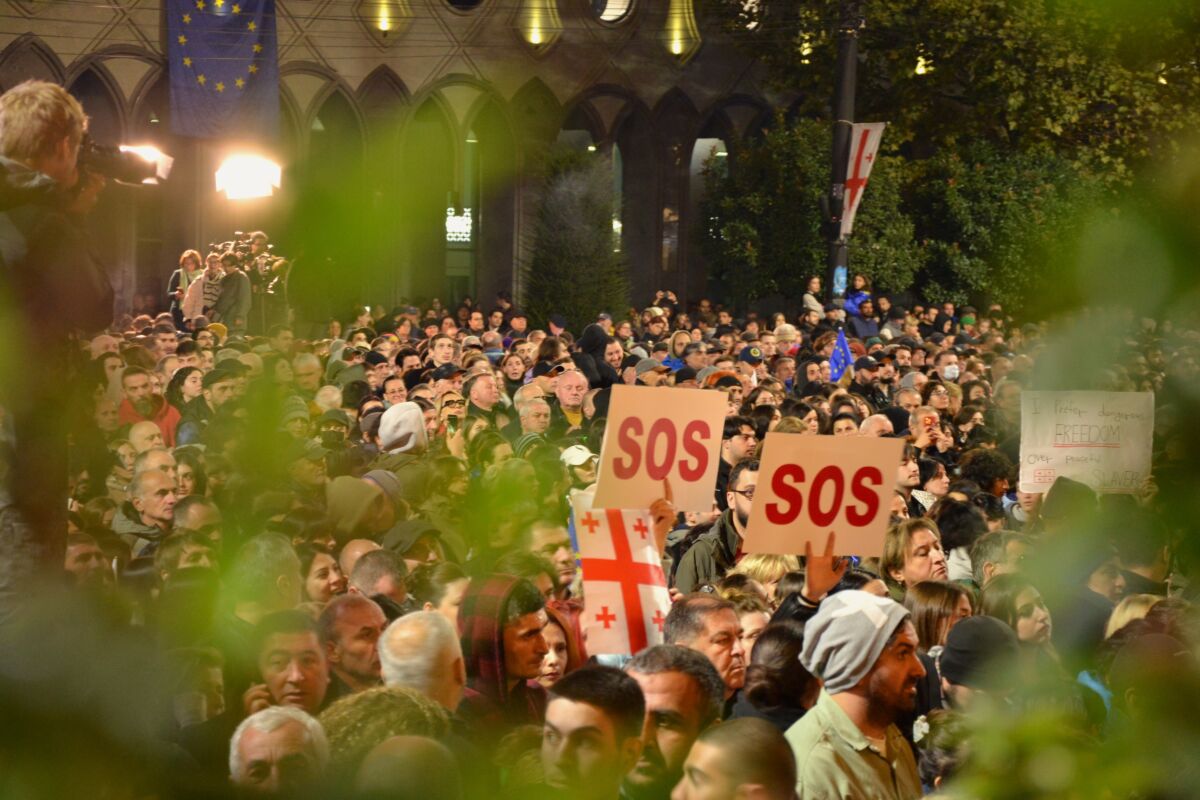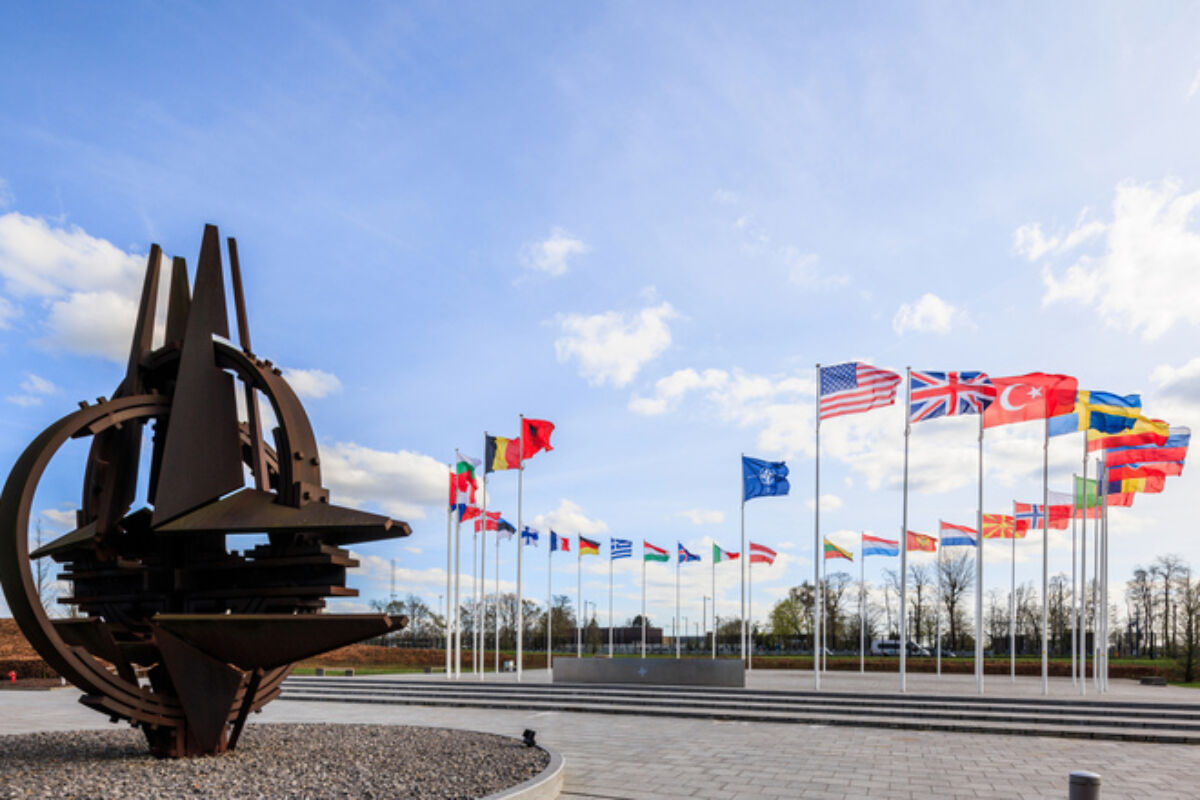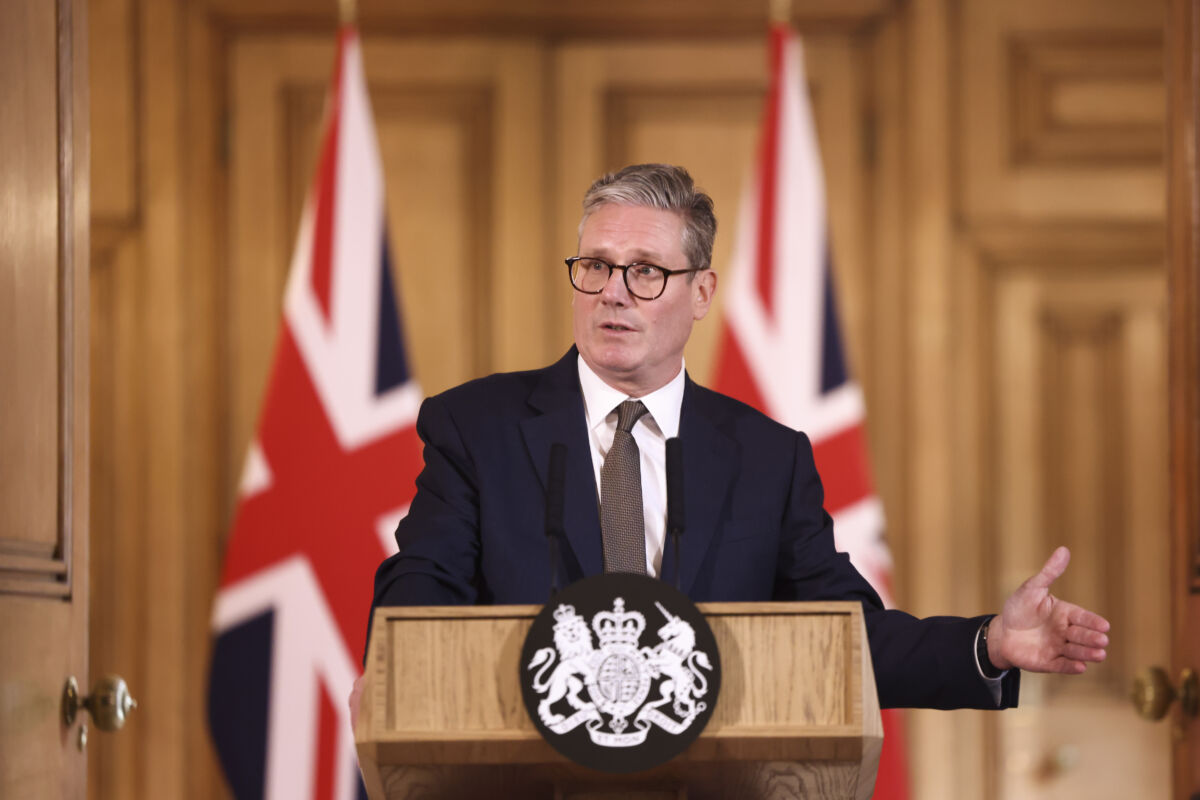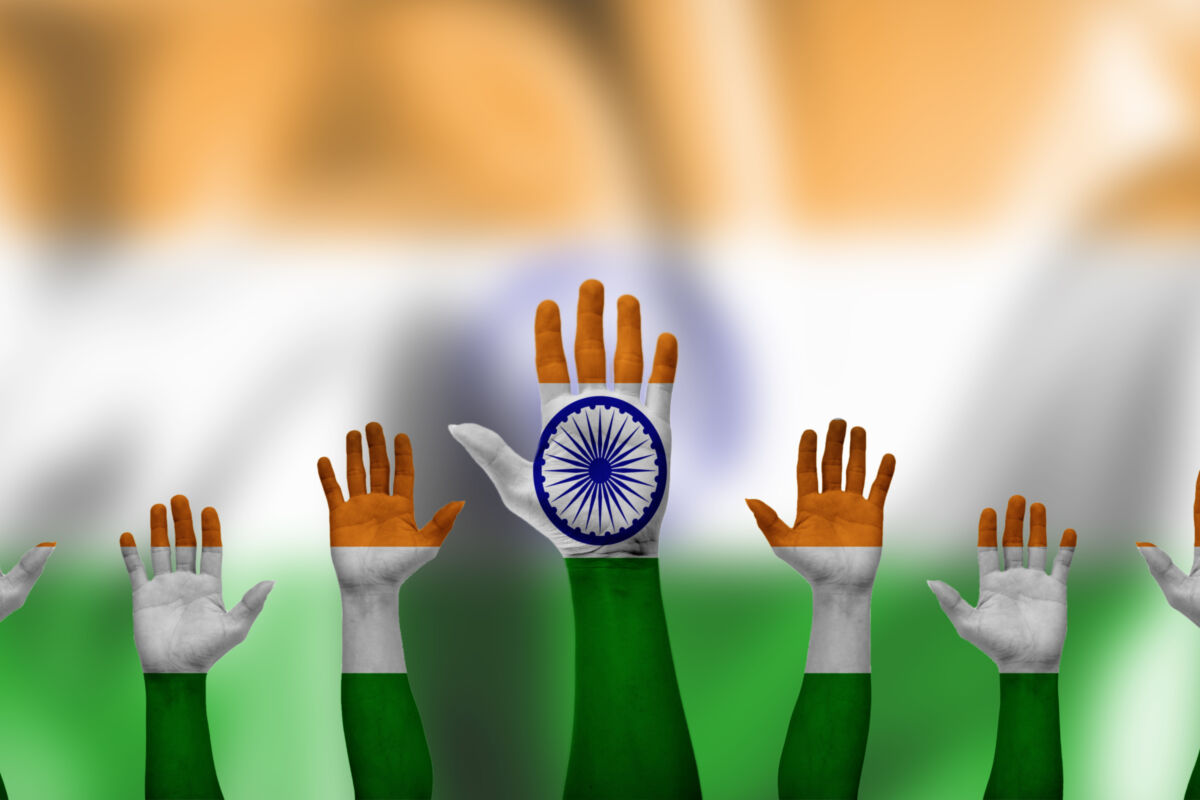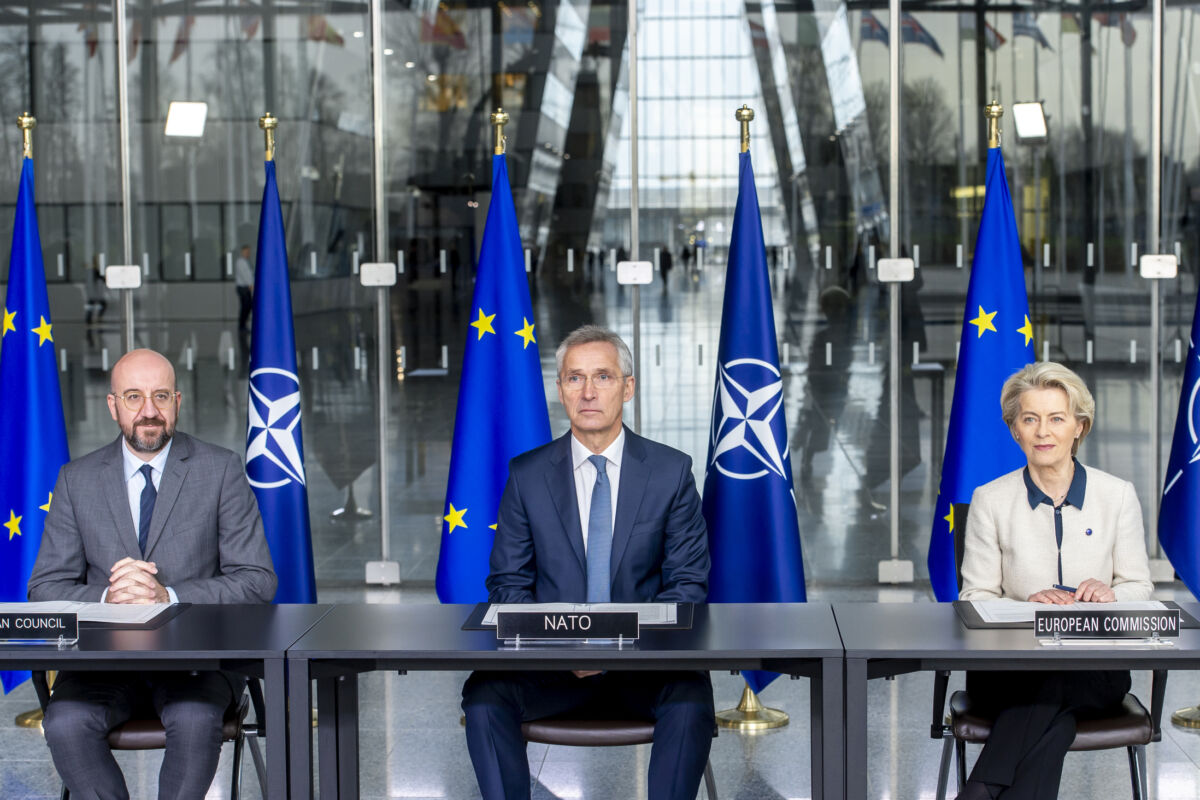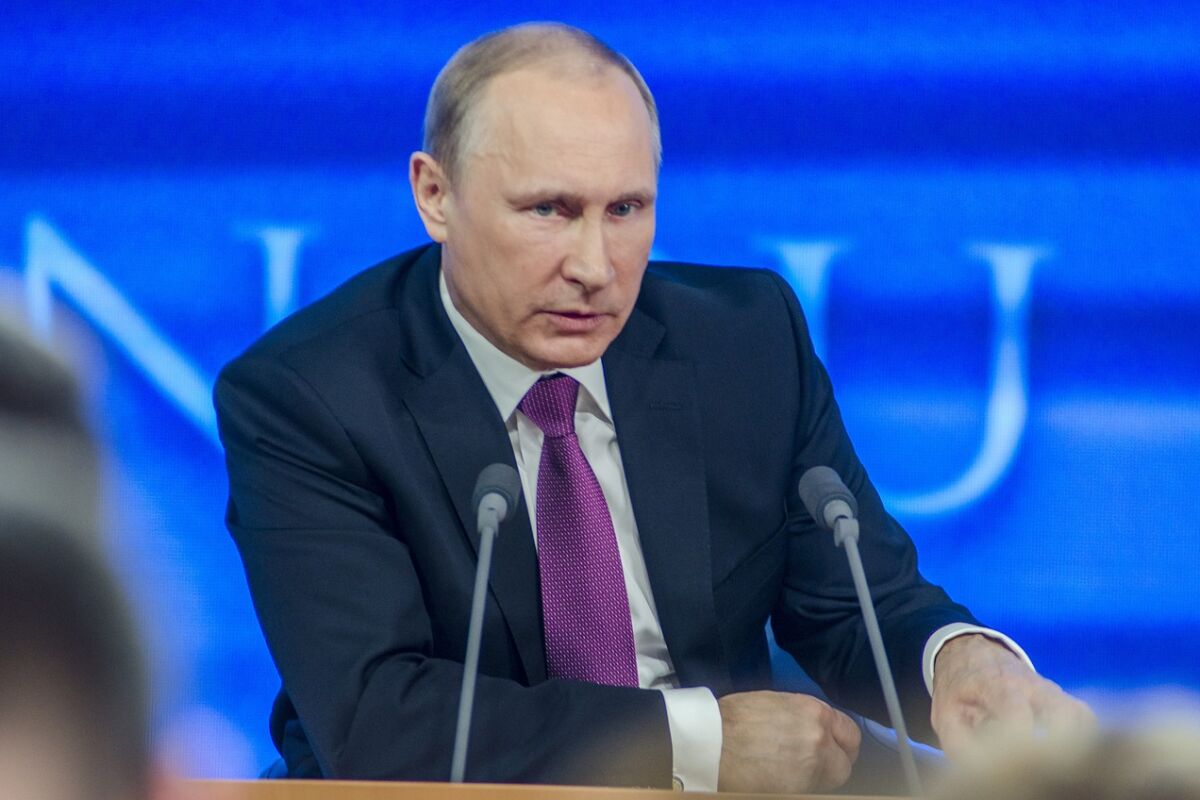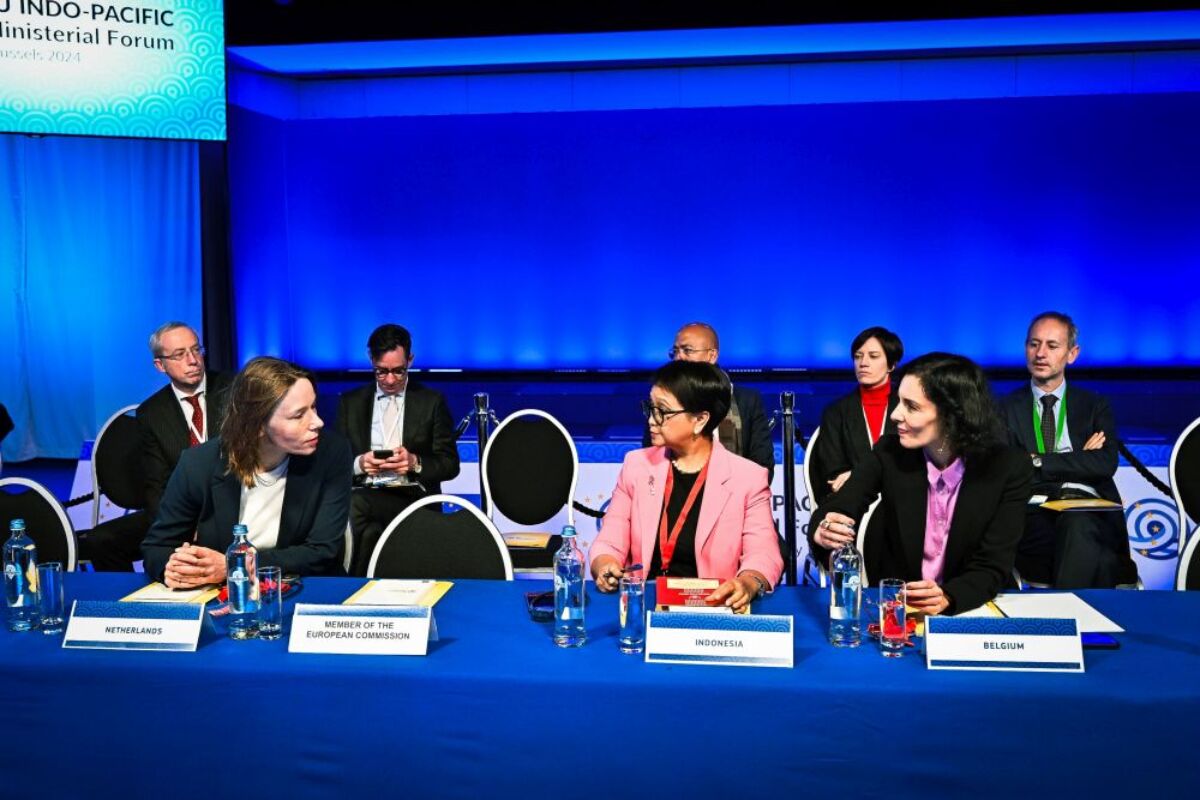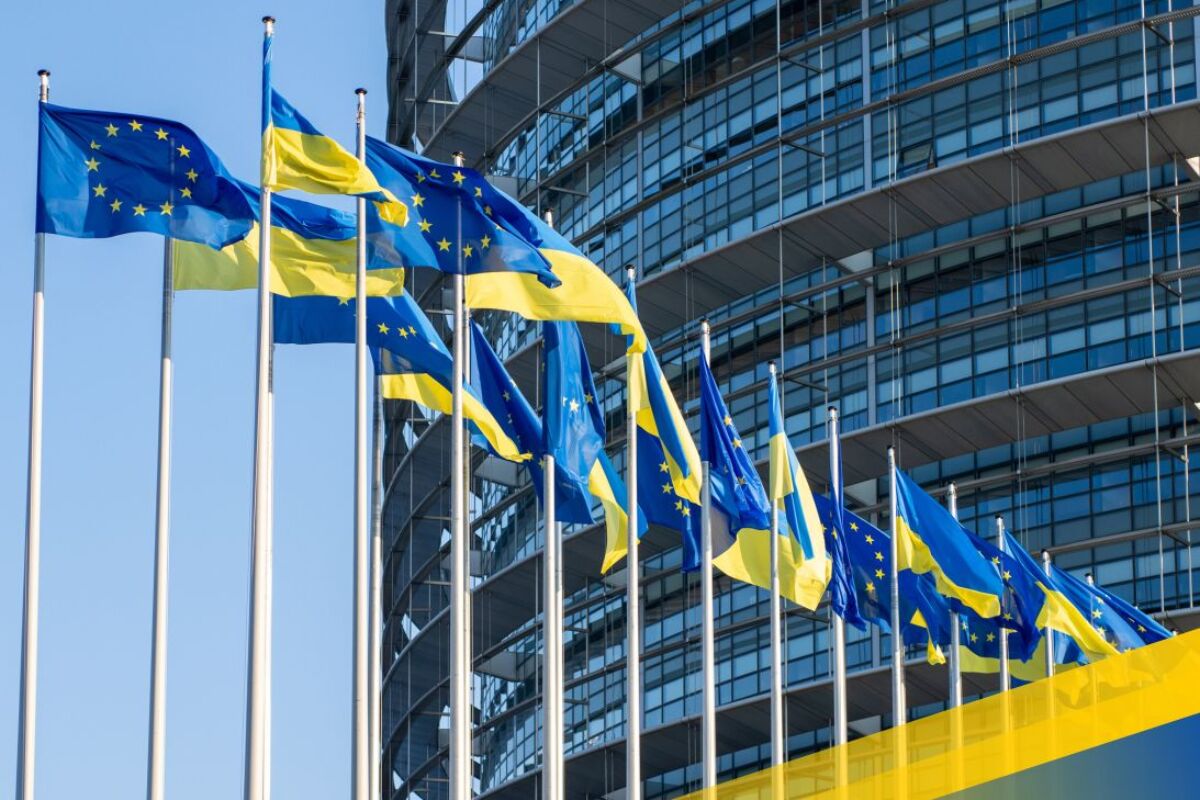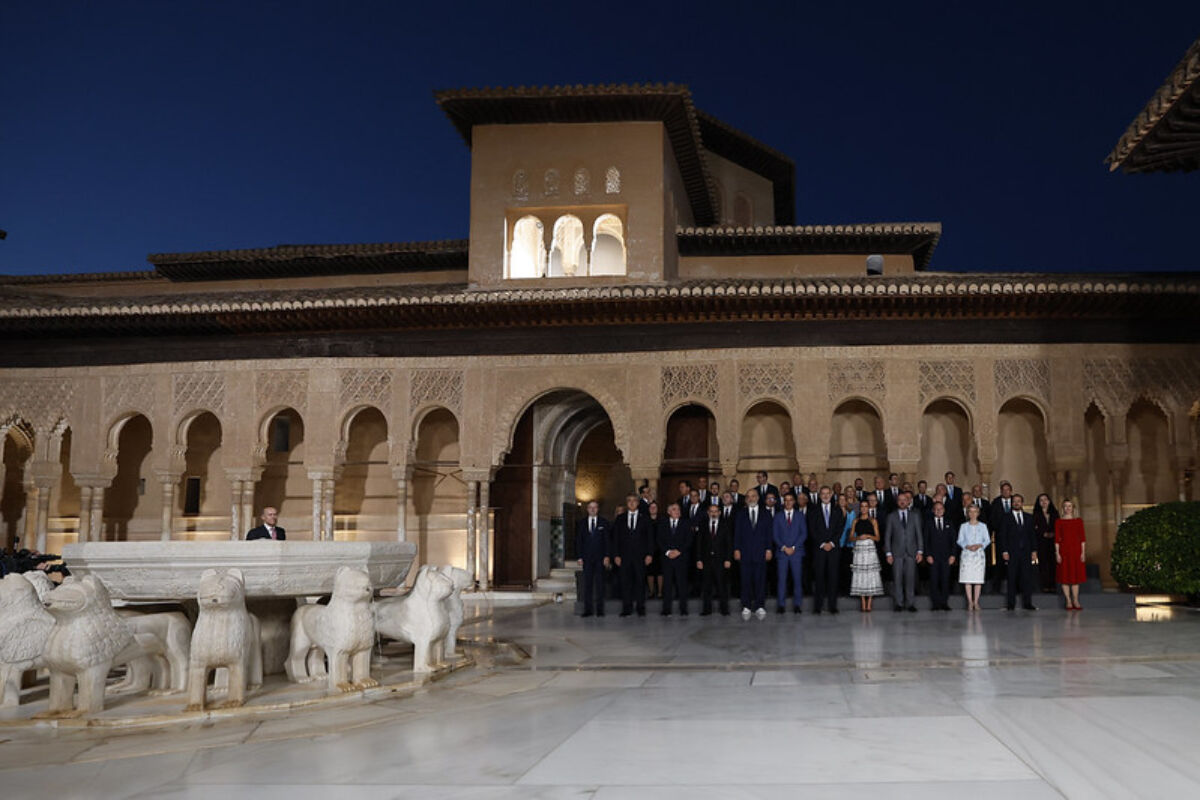The EU’s High Representative, Josep Borrell, has just embarked on his first official visit to Georgia to discuss the country’s progress on its European integration path. The visit carries immense significance given the EU’s impending assessment of the progress made by Ukraine, Moldova, and Georgia in their quest for EU membership.
While the EU already granted a candidate status to Ukraine and Moldova last year, Georgia has only received a ‘European perspective’ along with a long list of 12 requirements to confirm its candidacy. Borrell’s visit was thus poised to receive close scrutiny from Georgia’s political circles and be greatly anticipated from a Georgian public that has been bravely waving the EU flag.
The problem, however, is that the current Georgian Dream government has failed to mirror the unwavering European aspirations of Georgia’s people. Once hailed as the Eastern Neighborhood’s star performer, Georgia’s recent trajectory has been one of democratic backsliding and an overt oligarchic regime. This has resulted in more political polarisation, to the extent that Charles Michel had to personally intervene in 2021 to resolve a parliamentary opposition boycott.
Georgia walks a fine line between European dream and nightmare
Political polarisation is but one facet though of a broader set of issues, spanning human rights violations, media freedom restrictions, and a highly politicised justice system. It would suffice here just to recall that the country’s third president, Mikheil Saakashvili, remains in jail and is being denied proper medical treatment.
Against this backdrop, the prescribed conditions for candidacy, including the end of political polarisation, ‘oligarchisation’ and politicised justice, seem unattainable so long as Georgian Dream remains in power. Progress has been made on the 12 priorities but it has largely resembled a checkbox exercise rather than a systematic effort to leverage Georgia’s institutional capacity, developed since the 2003 Rose Revolution and continuing through to the implementation of the 2014 EU-Georgia Association Agreement (AA).
Georgian Dream has further damaged its reputation by imprisoning journalists, proposing anti-democratic legislation (later withdrawn thanks to massive public rallies), and allowing many Russians escaping military service into the country. Georgia’s renewed openness to Russia, including the resumption of direct flights, has sparked concerns that it’s becoming a backdoor for sanctions evasion.
So Georgia cannot showcase significant progress in meeting the 12 priorities during Borrell’s visit. What Georgia can truly bring to the table is the unwavering support of its people for their European choice. Despite an increasing number of political prisoners and the persecution of activists and journalists, Georgians can take pride in so bravely carrying the EU flag each and every time the government attempts to divert the country from its European path.
Though Georgians have not been completely abandoned by their political leaders, as President Zourabichvili stood with them, even in the face of impeachment threats. She also pardoned a political prisoner unjustly detained last year as part of the government’s efforts to undermine Georgia’s EU membership application.
In this context, Borrell’s visit offers hope to frustrated Georgians, a sign that the EU has not forgotten them. It’s important that the High Representative pays attention to civil society, a driving force behind democratic reforms, and clearly communicates to government officials that the EU is closely watching and that progress is falling short.
It’s the EU’s hand to play
The looming question mark is how the EU will respond to, quoting President Macron, ‘the right of brave Georgian people to join the EU’. What will the EU’s verdict be in October, given that the current government is not making progress on the priorities, and is not likely to change course in the very little time left?
Drawing inspiration from Bosnia and Herzegovina, the EU could potentially grant candidacy based on its unwavering public support. Georgia arguably has a stronger case than Bosnia and Herzegovina, with 89 % of the population supporting EU membership and solid progress on implementing its AA and DCFTA. According to the European Commission’s analytical report on Georgia’s alignment with the EU acquis, Georgia scores almost as high as Ukraine and surpasses Moldova.
If Georgia falls short of securing candidacy it risks lagging behind other candidate countries, making it very hard to catch up later, especially given its vulnerability to Russian attack and the current government’s ability to manipulate the 2024 parliamentary elections by abusing its vast administrative powers. This would be devastating news for Georgians, but neither will it do any good for the EU as it would result in the loss of a long-standing ally into Russia’s hands and its anti-Western partners. Georgians’ great enthusiasm would turn to great despair and the EU would forfeit influence in its immediate neighbourhood and would lose a key geo-strategic partner, contrary to its geo-political aspirations. And this should not be a desired scenario, neither for Georgia, nor for the EU.
The EU‘s enlargement has always been political and granting candidate status carries greater political significance than mere praise for delivering reforms. If progress on reform was the main criterion, Georgia should have been considered for candidacy long ago, surpassing many of the EU’s neighbours and candidate countries.
As aptly noted by Borrell, ‘candidate status is not the final destination, but rather the beginning of a new chapter’. For today’s Georgia it would be granted to the people, not the government. It goes without saying that candidacy should be accompanied with a further list of conditions that Georgia should meet to start membership negotiations. In this way, granting candidacy would tie Georgia to the European path conditioned on reforms, and would make it more difficult for the current or any future government to deviate from it. The accession process will then be contingent on the speed and quality of Georgian reforms, which would surely be both long and challenging.
With one month remaining for the EU to finally make up its mind about its geopolitical aspirations and redefine it enlargement policy, the Georgian government must also contemplate whether undermining the country’s European choice is in its own best interests.
So we will once again witness a game of ‘carrots and sticks’ that the EU should deftly play to guide Georgia toward the European path. And now equipped with its most potent tool— enlargement policy – the EU has the leverage to steer Georgia toward the European aspirations so cherished by its people.
It must not fail.



